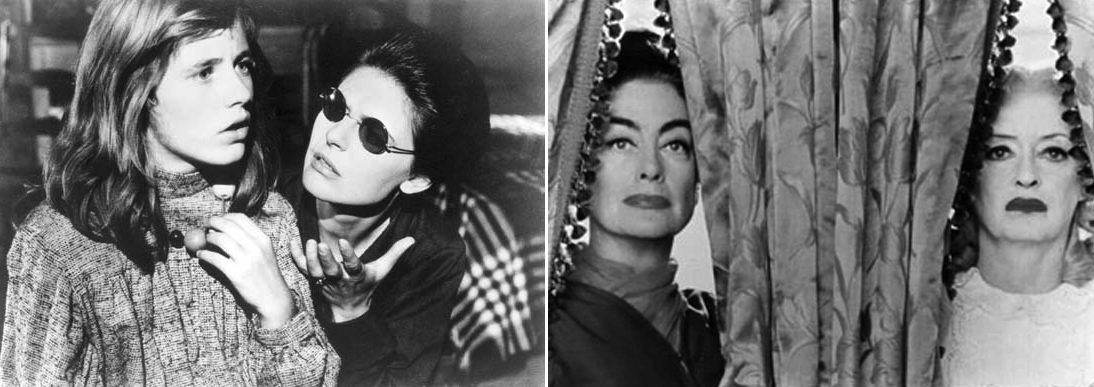December 14 in history:
The last of the Apollo astronauts to walk on the moon blasted off from the lunar surface on December 14th, 1972. Eugene Cernan and Harrison Schmitt completed three walks outside the lunar lander during the 75 hours they spent on the moon as part of the Apollo 17 mission.
The Saturn rockets that launched men to the moon were developed at the Marshall Space Flight Center near Huntsville, Alabama. On this date in 1819, Alabama became the 22nd state to join the Union.
The Alabama state quarter issued by the U.S. Mint in 2003 features a portrait of author Helen Keller on the tail side. Actress Patty Duke, born Anna Marie Duke on December 14th, 1946, won an Oscar at age 16 for recreating her stage role as blind and deaf Helen in the movie, “The Miracle Worker.” She later starred as “identical cousins” on “The Patty Duke Show.” Prior to her death in 2016, Duke wrote and spoke widely about her experience with bipolar disorder.
Patty Duke played Martha Washington in the 1984 TV miniseries “George Washington.” On December 14th, 1799, George Washington died at his Virginia estate, Mount Vernon. Medical experts know that Washington had soreness and swelling in the throat, but some believe the doctors’ practice of bleeding hastened his death.
Another famous George who died on this date was Notre Dame football star George Gipp. He was 25 when he died on December 14th, 1920, apparently from a throat infection. Future U.S. president Ronald Reagan played Gipp in the 1940 movie “Knute Rockne, All American,” in which the character urged Coach Rockne to “win one for the Gipper.”


 The first version of the internet was called the ARPANET. On October 29th, 1969, two computers were linked together to communicate with each other for the first time. One was at UCLA, and the other was in Northern California.
The first version of the internet was called the ARPANET. On October 29th, 1969, two computers were linked together to communicate with each other for the first time. One was at UCLA, and the other was in Northern California.





